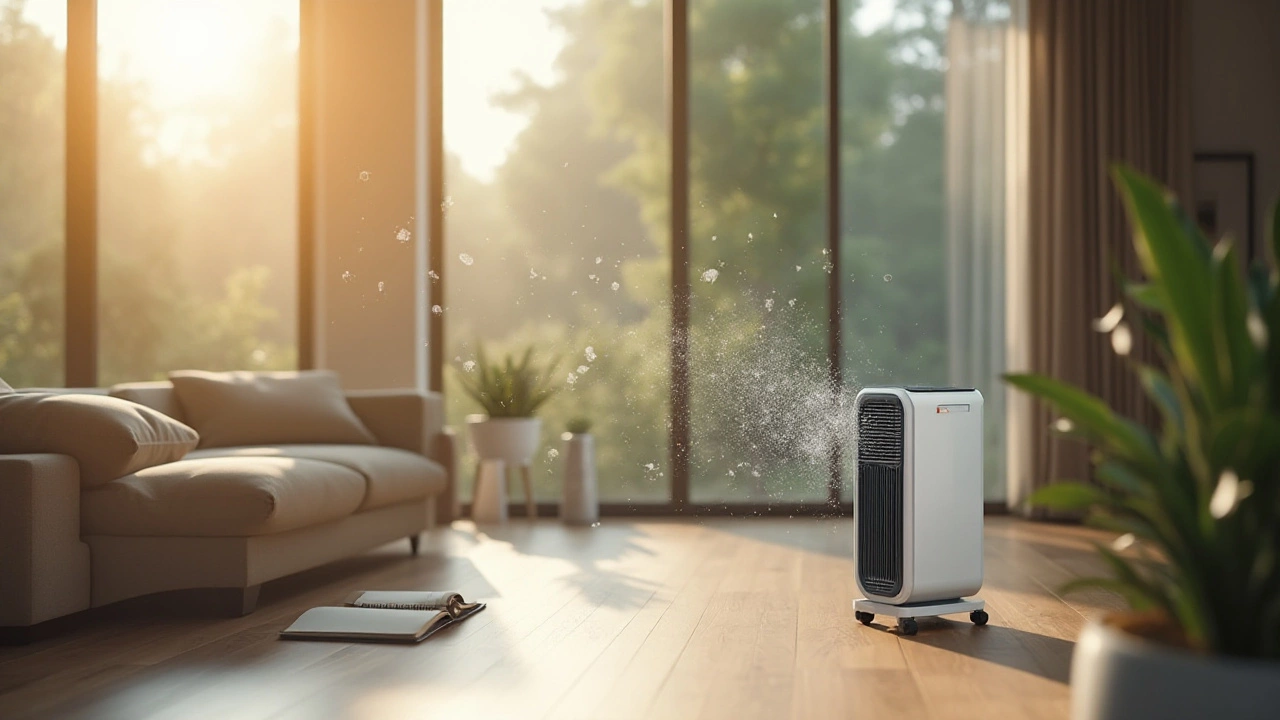HVAC Systems in Cars: What You Need to Know About Climate Control
When you turn on the heat in winter or blast the AC in summer, you’re using your car’s HVAC system, the integrated system that controls heating, ventilation, and air conditioning inside the cabin. Also known as climate control system, it’s not just about comfort—it’s critical for safety, defrosting windows, and keeping the air clean inside your vehicle. Most people think of it as just the AC, but it’s a full network: the compressor, condenser, evaporator, heater core, blower motor, and ducts all work together. If one part fails, the whole system suffers.
Behind the scenes, your cabin air filter, a small but vital component that traps dust, pollen, and pollutants before they enter the cabin keeps the air you breathe clean. When it gets clogged, airflow drops, the AC struggles to cool, and you start smelling musty air—even if the system itself is fine. Then there’s the heater core, a tiny radiator inside the dashboard that uses engine coolant to warm the cabin. A leak here doesn’t just mean no heat—it can flood your floorboards with coolant and ruin your carpets. And let’s not forget the blower motor, the fan that pushes air through the vents. If it dies, you won’t feel a single breeze, no matter how hard you crank the settings.
These parts don’t last forever. A clogged cabin air filter can cut airflow by half in under 15,000 miles. A failing heater core might start leaking slowly, and you won’t notice until your windshield fogs up or your footwell feels damp. The AC compressor can whine, then seize, and suddenly you’re stuck in a hot car with no relief. That’s why checking your HVAC system isn’t just about comfort—it’s about catching small issues before they turn into expensive repairs. You’ll find real-world fixes in the posts below: how long after changing a cabin air filter your AC actually kicks back in, what causes weird smells from the vents, why your heater works but the AC doesn’t, and how to tell if it’s the filter, the compressor, or something deeper. No guesswork. No fluff. Just what actually happens when your car’s climate control starts acting up.

Polarized Air Filters: Are They Worth Your Investment?
Polarized air filters are gaining attention as a potential solution for improving indoor air quality. They work by using static electricity to attract and capture airborne particles. Despite their rising popularity, it's crucial to examine their effectiveness, cost, and maintenance needs. This article provides an insightful look into whether these air filters deserve a place in your home or office.
January 18 2025